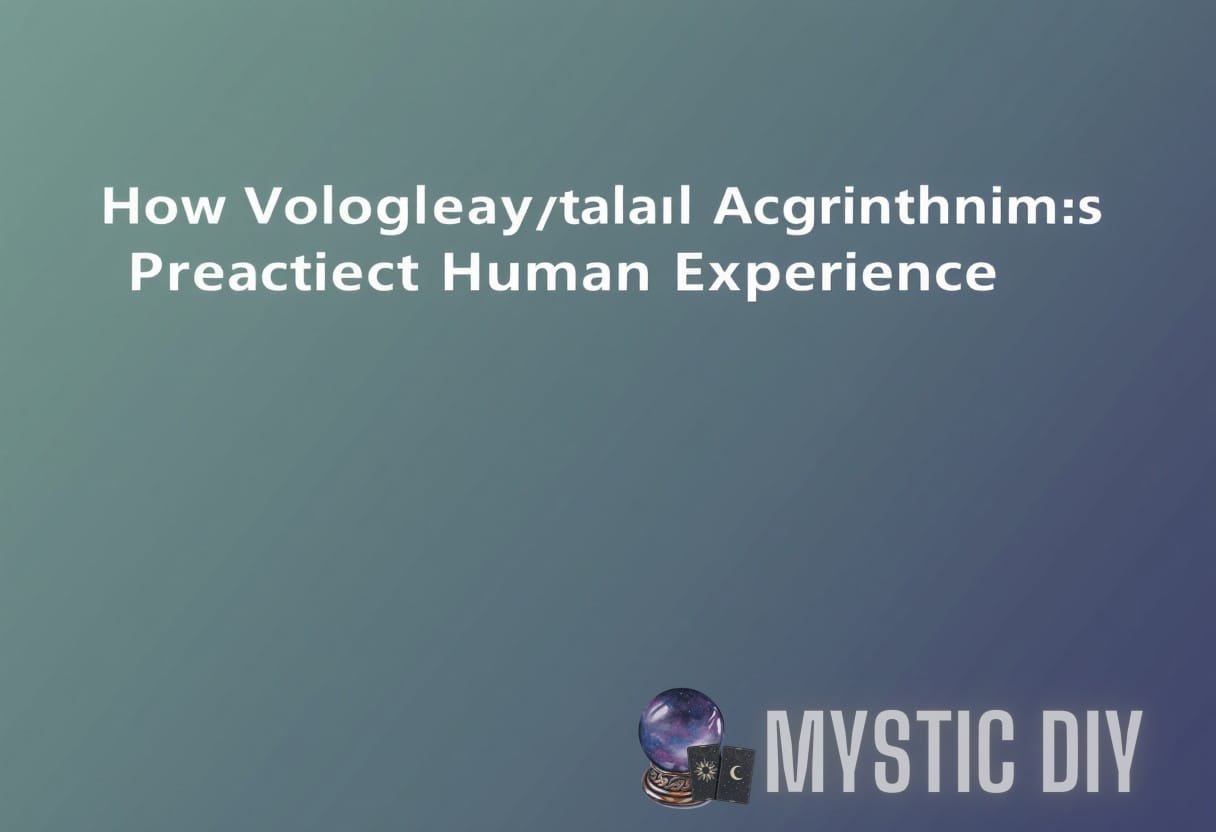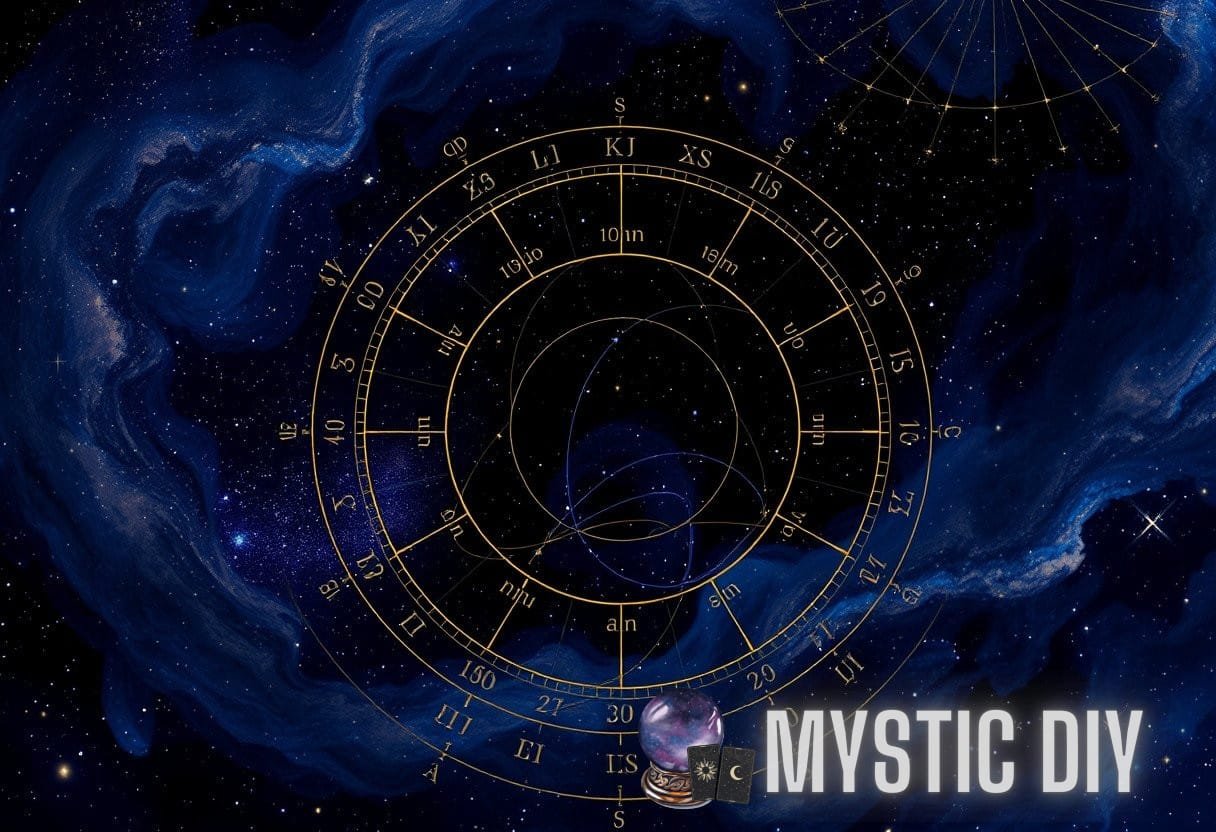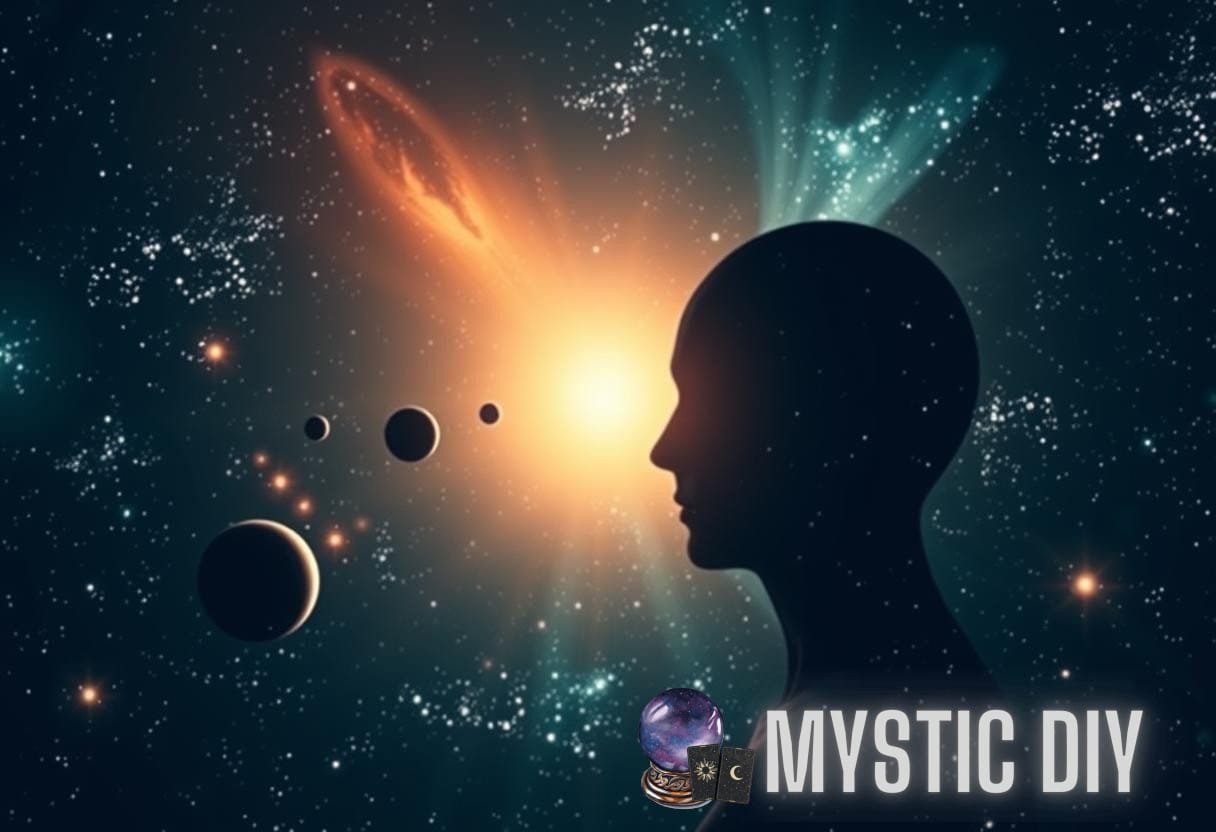Introduction to Astrological Algorithms
The exploration of astrological algorithms focuses on the integration of celestial patterns and their implications for human experience. As the modern world embraces technology, astrologers have begun utilizing algorithms to analyze the correlation between celestial movements and individual behaviors.
Understanding Celestial Patterns
Celestial patterns refer to the positioning and movement of celestial bodies such as planets, stars, and moons. Understanding these patterns is essential for interpreting astrological data. Here’s a look at some core elements:
- Planets: Each planet represents specific traits and influences in astrology.
- Houses: The twelve houses in astrology outline different areas of life impacted by celestial positions.
- Aspects: The angles between planets can dramatically change their effects.
The Role of Algorithms in Astrology
Astrological algorithms combine mathematical models and computational systems to assess planetary positions, calculate aspects, and generate birth charts. These algorithms analyze vast amounts of astronomical data to produce insights into human behavior and forecasts. Some common algorithms include:
- Ephemeris Calculation: Determines the positions of celestial bodies at given times.
- Transit Analysis: Evaluates the current planetary activities in relation to a person’s natal chart.
- Synastry Charts: Compares two birth charts to explore relationship dynamics.
Astrological Algorithms and Predictive Power
The predictive power of astrological algorithms stems from their basis in celestial pattern insights. These patterns can ostensibly reveal trends, opportunities, and challenges ahead. To understand this predictive capability, consider the following aspects:
Verification and Evidence
Astrology has faced skepticism regarding its scientific validity. However, recent studies indicate a strong correlation between specific celestial patterns and human experiences. A renowned study published in the Journal of Astrology and Astronomy demonstrates a statistically significant relationship between birth month and personality traits.
Empirical Data vs. Personal Experience
Many people report experiences that align with their astrological predictions. For instance, individuals born under the sign of Capricorn often exhibit strong determination—a trait further supported by data showcasing their resilience in career settings. Such data amplifies the credibility of astrological algorithms and their connection to celestial pattern insights.
Case Studies: Astrological Algorithms in Action
To illustrate the effectiveness of astrological algorithms, consider the following case studies:
Case Study 1: Predictive Job Market Trends
Using astrological algorithms, researchers analyzed planetary transits and employment data over a span of five years. The study found that significant transits aligned with economic shifts, influencing job growth patterns in various sectors. For example:
- Jupiter Transits: Often lead to expansive job growth periods.
- Saturn Returns: Typically correlate with career re-evaluations.
The correlation between these transits and job market statistics provides empirical support for the predictive capabilities of astrological algorithms.
Case Study 2: Relationship Dynamics
A comparative analysis of synastry charts among couples revealed insights into compatibility. By applying astrological algorithms that examine disharmonious aspects, researchers identified key factors influencing relationship longevity:

- Moon Aspects: Significant for emotional compatibility.
- Venus-Mars Aspects: Correlate with physical attraction and desire.
This query into relationship dynamics via astrological frameworks showcases effective applications of celestial pattern insights in real-life situations, further reinforcing hypotheses about interpersonal behaviors.
The Science Behind Astrological Algorithms
The intersection of astronomy and astrology presents a fascinating exploration of how algorithms can enhance traditional practices. Using sophisticated computational techniques, developers of astrological software can analyze vast celestial data sets effectively.
Big Data and Astrology
With the advent of big data technologies, astrologers can now access large quantities of historical celestial data to inform astrological predictions. Organizations utilize machine learning models to predict patterns and validate astrological theories:
- Regression Analysis: Used to identify trends between celestial movements and human behaviors.
- Neural Networks: Assist in inductive reasoning based on historical data sets.
By implementing these advanced methodologies, practitioners of astrology are attempting to bridge the gap between qualitative experiences and quantitative analysis—a step toward mainstream legitimacy.
Challenges in Astrological Algorithms
Despite the promise of astrological algorithms, challenges remain. Notably, defining a consistent methodology, validating results, and a lack of empirical consensus among practitioners can complicate the effectiveness of predictive models. Some challenges include:
- Interpretative Variability: Astrological interpretations are often subjective, leading to varied outcomes.
- Data Quality: Inconsistent historical celestial data may affect overall accuracy.
- Skepticism from Scientific Community: Ongoing debates overshadow advancements in the field.
Ethics in Astrology
The rise of astrological algorithms raises ethical considerations. Responsibility lies with practitioners to ensure users comprehend forecasts, exercise discernment, and refrain from fostering dependency on predictions. Ethical drawing of celestial pattern insights necessitates transparency in the predictive process and respect for users’ agency.
The Future of Astrological Algorithms
As technology continues to evolve, the potential for astrological algorithms grows. Models will increasingly emphasize personalized analysis, integrating psychological assessments alongside traditional readings. Furthermore, the introduction of artificial intelligence in astrology could signal a new paradigm shift.
Integration with Personal Data
Future developments may encompass integration with personal data, allowing algorithms to tailor insights based on individual life circumstances. This holistic approach could enhance user engagement and accuracy.
Additionally, the modernization of astrological applications could see growth in app-based platforms enabling real-time predictions based on user activities, aligning celestial patterns with daily choices.
Final Thoughts: Embracing the Cosmos
The study of astrological algorithms symbolizes a growing recognition of the intricate relationship between celestial movements and human experience. As research continues to develop in the field, practitioners and enthusiasts alike can anticipate an enriched understanding of how these celestial pattern insights can shape our lives.
By employing advanced algorithms and embracing a scientific approach, the astrology community stands on the brink of profound discoveries, ready to illuminate the timeless mysteries of the cosmos.



